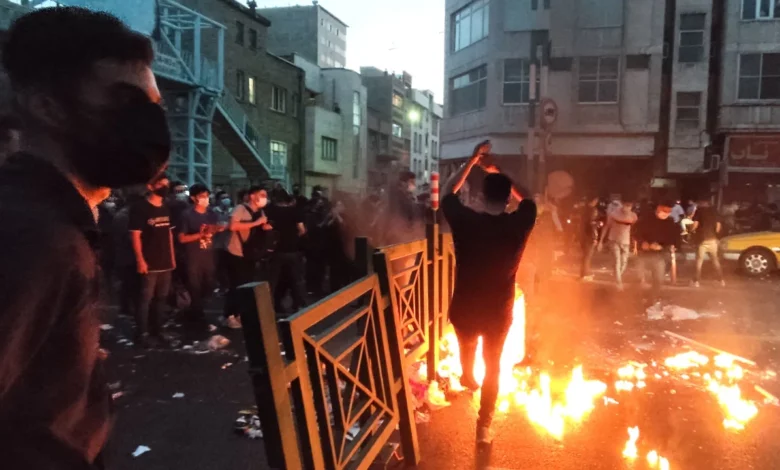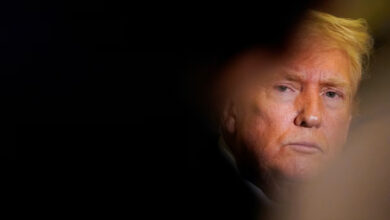
Majid Kazemi, Saleh Mirhashemi and Saeed Yaqoubi were executed in Isfahan, judiciary news outlet Mizan News said on Friday. The three were accused of carrying out an attack that killed three security officers in Isfahan in November 2022 during anti-government protests.
The US State Department on Thursday urged Iran to refrain from carrying out the executions, calling the proceedings “sham trials.”
And Amnesty International said the men were “fast-tracked through Iran’s judicial system” without due process being observed.
“These executions are meant to prolong the Islamic Republic’s rule and only a high political cost can stop more protester executions,” Mahmood Amiry-Moghaddam, the director of the non-governmental organization Iran Human Rights, wrote on Twitter.
“Unless the Iranian authorities are met with serious consequences by the international community, hundreds of protester lives will be taken by their killing machine,” he said.
Iran executed at least 582 people last year, a 75 percent increase on the previous year, according to human rights groups who say the rise reflects an effort by Tehran to “instill fear” among anti-regime protesters.
It was the highest number of executions in the Islamic republic since 2015, according to a report released last month by the Norway-based Iran Human Rights (IHR) and the France-based Together Against the Death Penalty (ECPM) groups.
More than half of the executions last year took place after the protests erupted in September.
The US State Department condemned the latest planned executions of Kazemi, Mirhashemi and Yaqoubi on Thursday.
“The execution of these men, after what have been widely regarded as sham trials, would be an affront to human rights and basic dignity in Iran and everywhere,” said State Department Deputy Spokesperson Vedant Patel at a press briefing.
“It is clear from this episode that the Iranian regime has learned nothing from the protests that began with another death, the death of Mahsa Amini in September of last year,” Patel added.
The Hengaw Organization for Human Rights, another NGO that monitors human rights violations in Iran, said on Twitter that the three men “had the minimal defense rights of an accused.” The group decried what it called an “unfathomable wave of executions in Iran.”
Nationwide protests rocked Iran last fall, as decades of bitterness over the regime’s treatment of women and other issues boiled over after the death of 22-year-old Mahsa Amini while in the custody of the country’s so-called morality police.
Authorities violently repressed the months-long movement, which had posed one of the biggest domestic threats to Iran’s ruling clerical regime in more than a decade.
CNN’s Kareem El Damanhoury and Joseph Ataman contributed reporting.




